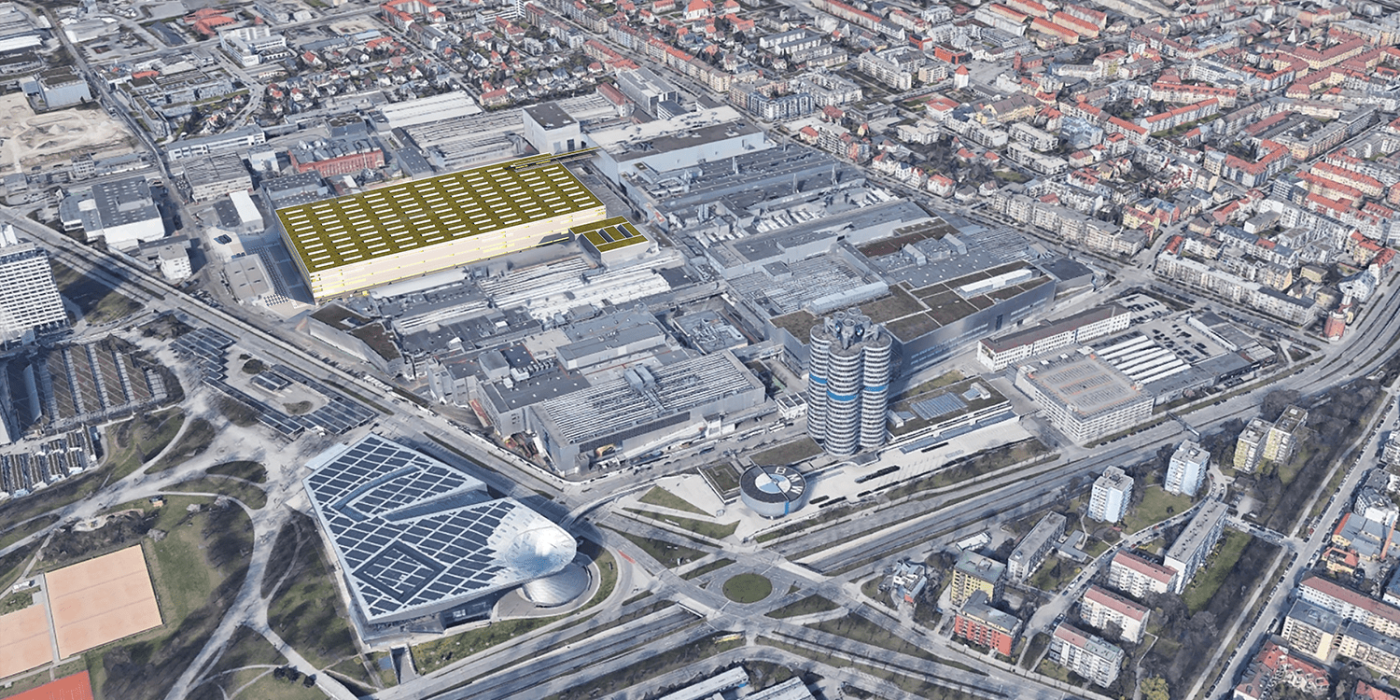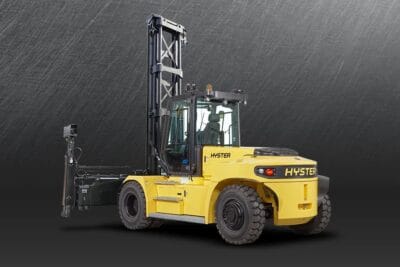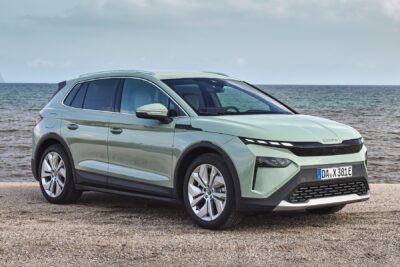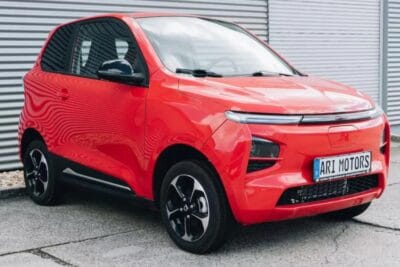BMW puts 400 million euros into Munich plant
BMW announced that it would invest 400 million euros in a new vehicle assembly line for its main plant in Munich as they gear up for electric car production. For this, the company’s combustion engine production will have to make way.
The future vehicle assembly and its production processes will be designed for the new cluster architecture geared towards electric drives. For the new assembly line at the main plant, engine production will have to make way for electric drives, meaning BMW will discontinue production of ICE motors in Germany. In the future, they will make gasoline and diesel engines exclusively at the sites in Steyr, Austria, and Hams Hall, UK.
After BMW announced at the beginning of this month that all four German automotive plants would produce purely electric vehicles in future, the carmaker is now naming further concrete models. In 2022 production of the new BMW X1 will start in Germany at the Regensburg plant, which will be offered both as a combustion engine and with a fully electric drive. Besides, the successor to the Mini Countryman will be produced at the BMW plant in Leipzig from 2023, where the electric i3 has already been in production since 2013.
The strategy of being able to produce models with different types of drive on a single line has paid off in the crisis year 2020, according to Board Member for Production Milan Nedeljković. “During the Covid-19 crisis, we have proved that we can respond swiftly and effectively to even highly volatile market developments and, at the same time, permanently improve our cost structure,” the Board Member for Production explained. He estimates that: “With the progress already made this year, we will reduce our fixed costs by around half a billion euros by the end of next year.”
The works council also welcomes the 400 million euro investment in the main plant by 2026. For Manfred Schoch, Deputy Chairman of the Supervisory Board and Chairman of the General Works Council, the decision “provides a model for successful transformation in the German industry”. If the transformation were approached “strategically, and with courage”, he says, industrial jobs can be secured and expanded even in the middle of a large city.
BMW CEO Oliver Zipse announced the cluster architecture at the beginning of November when presenting the business figures for the third quarter. For the phase of market ramp-up, the carmaker headquartered in Munich believes that its flexible production strategy will put it in “exactly the right and robust position” until 2025. “Our new cluster architecture is geared to electric drives,” said Zipse at the time. “This section reports directly to me. It is organisationally networked with all departments – Markets, Finance, Procurement, Development, Production and Sales”.
The new platform first in Hungary, then in Munich
Zipse had also announced that the new “BEV-centered architecture” was to start in Hungary in the middle of the decade. This timetable has now been confirmed by the head of production Nedeljković, who added that the “step by step roll-out in the worldwide production network” will take place with Munich as the next step.
With the withdrawal of engine assembly from Munich where combustion engines with four, six, eight and twelve cylinders are manufactured, Nedeljković describes this as a strategy with vision. With this move, the automaker intends to increase efficiency and fully utilise its capacities. With three engine plants, the board member responsible for production saw this as a threat. Engine production in Munich is to be phased out by 2024 at the latest so that work can begin on vehicle assembly.
The employees affected are to be deployed in other areas including engine production in Munich or at other locations in Bavaria. At the electric drive production competence centre in Dingolfing, BMW is currently expanding its team from 1,000 to 2,000 employees.
Starting next year, BMW will manufacture the i4 in Munich and the iX in Dingolfing. In the future, the fully electric versions of the 5 and 7 Series will also be built in Dingolfing.
With reporting by Sebastian Schaal, Germany





0 Comments